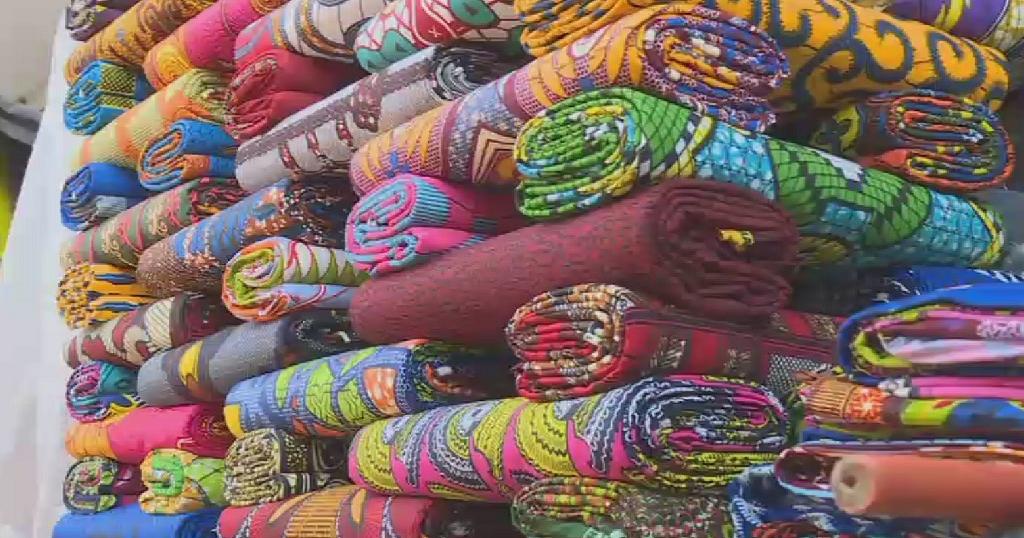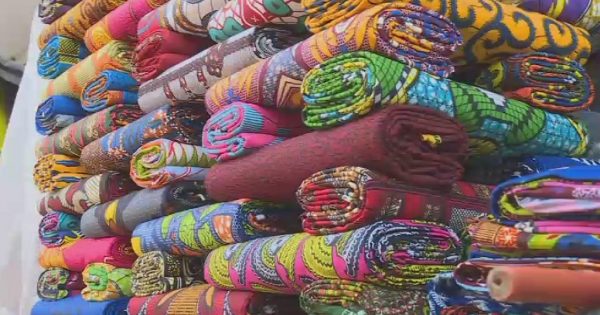Fabrics are an important part of everyday life. They are the stuff from which our clothes, curtains, bedspreads, pillowcases, and cushion coverings are made. As a result, a lot of them are constantly in high demand.
Read more about Business
This presents an opportunity for people who are willing to deal with these materials. If you are able to identify fabric types that buyers always want, you could build a successful business around them.
This article explains the various steps you can take to start a lucrative fabric business in Nigeria.
Survey The Market
Before you become a dealer in textile materials, you should gain relevant knowledge about the market for textiles. Find out where they are in high demand, who buys them, and what sales tend to be like throughout a typical business year. The insights you gain from studying the market will enable you to take the right steps to set up your fabric business.
Know The Various Fabrics
Besides surveying the market, you’ll also want to find out about the various kinds of fabric, and which ones you can make money from, given their prices, the demand for them, and where you’re located. Some of the popular fabrics in Nigeria include Ankara, Aso Oke, Adire, brocade, lace, silk, velvet, stone-washed material, and calico. These are just a few examples; there are numerous textile types you could choose to sell.
Come Up With A Business Plan
Having learned about the market and deciding what fabric you could sell, your next step should be to draw up a business plan. Your business plan should define what your business is, what it does, the nature of the market you’re targeting, your marketing strategy, and financial projections for the first few months or years of your business.
The plan will help you gain clarity about what you aim to achieve with your business. It could also come in handy when you’re seeking a loan from formal lenders.
Sign up to the Connect Nigeria daily newsletter
Register With The Corporate Affairs Commission
The Corporate Affairs Commission (CAC) is the body charged with the registration of businesses in Nigeria. You will need to register your business with them if you would like it to become a legal entity. This will give your business a fighting chance if it gets involved in a legal dispute, and may also be a criterion for accessing loans from lending institutions.
Find A Supplier
The sort of suppliers you decide to link up with will depend on the kind of fabric you intend to get from them. If you can’t find a manufacturer or wholesaler close to where you are, you may need to look for them elsewhere in the country. They may be found in or close to places where major textile markets are situated (Lagos, Kano, Aba, Onitsha, etc.).
Set Up The Business
To gain high visibility for your business, set it up in a high traffic area, i.e. where there’s a lot of human movement every day. You may also consider getting a store in an area that’s an already established fabric market. Such places attract precisely the kind of people your business serves: persons who want to buy fabrics. There’s a good chance that some of this traffic will find its way to your store.
Market Your Business
It’s not enough to just open your store and wait for customers to begin trooping in. You can draw more of them to you by generating publicity for your business. There are several ways to do this: marketing on social media, distributing leaflets, and setting up billboards and other outdoor signs that let people know what products you’re offering them.
The combination of the right fabrics, an ideal location, and great marketing, will enable you to achieve success with your business early on.
Final Words
There’s a lot of money to be made from the fabric business—its traders will tell you this much. But you can only earn big from it if you follow the right steps to setting up and engaging your customers. We have described those steps here; work with them, and you’ll reap a lot of returns from this business.
Featured Image Source: Africanews
Got a suggestion? Contact us: [email protected]


